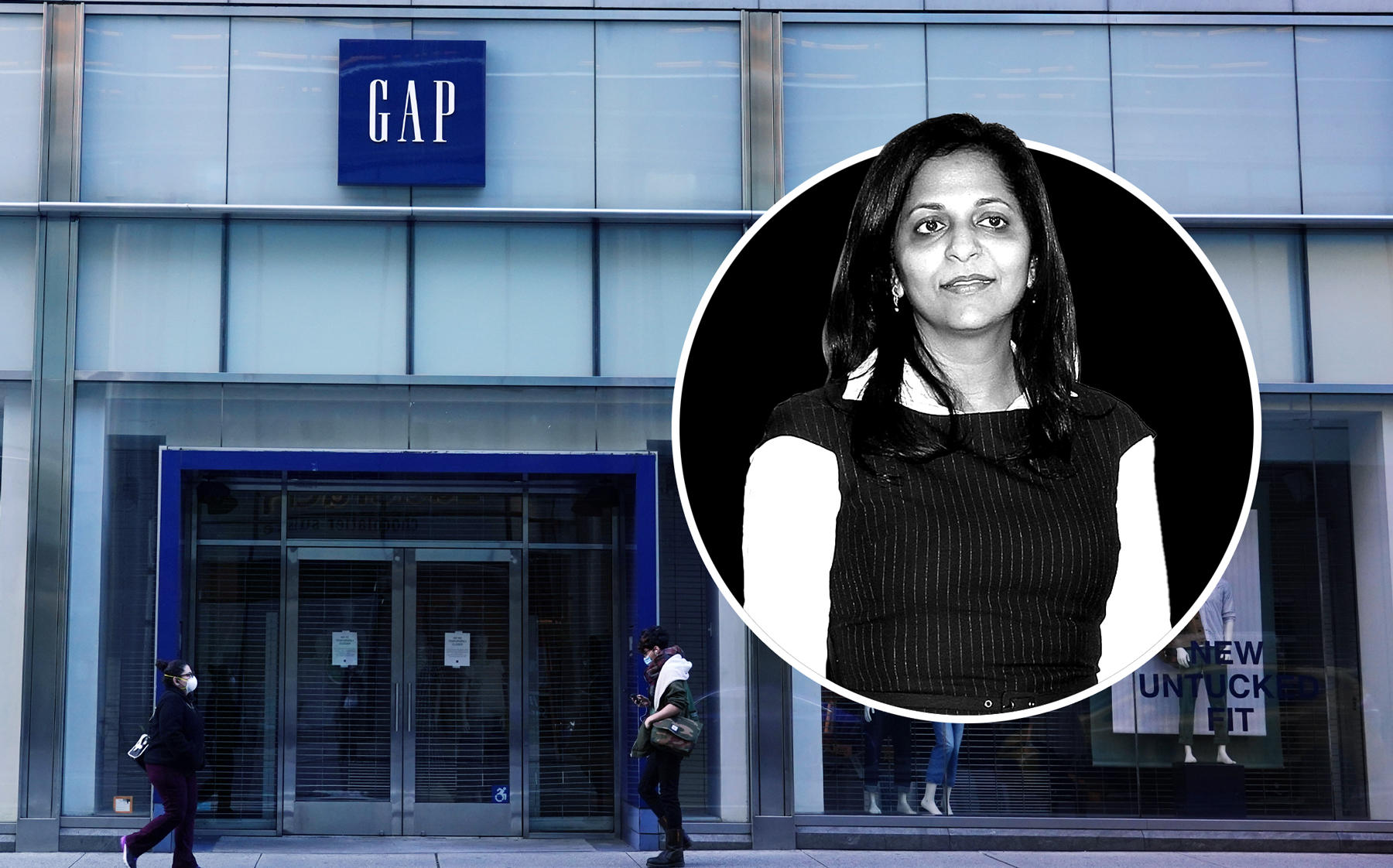Trending
Pandemic kills some retailers, but others could reboot
Several major chains have filed for bankruptcy this spring

E-commerce has been gobbling up market share from brick-and-mortar retailers for years and the coronavirus pandemic is accelerating it.
UBS estimates that 100,000 stores will close in the next five years and that e-commerce will grow to 25 percent of sales this year from 15 percent in 2019, according to the Wall Street Journal.
Meanwhile, the U.S. government will release statistics on retail performance at the end of the week and they are expected to be bad.
Several large retailer chains — many of which were barely above water or sinking even before the pandemic — are now throwing in the proverbial towel. J. Crew, Neiman Marcus and rural department store operator Stage Stores have all filed for bankruptcy protection.
While the pandemic might clear out scores of retailers, however, others could find a silver lining. Sudden mass closures present an opportunity to restructure, so long as they can outlast the pandemic and lockdown measures.
For companies like Gap Inc., that could mean downsizing their physical retail footprints, which Gap was already doing.
Gap CEO Sonia Syngal said the company plans to reopen with fewer Gap brand stores and to “refashion the company for what we want it to look like over the next 50 years.” Gap is among several retailers that hasn’t paid rent lately.
There’s a light at the end of the tunnel for retailers who make it through the next few months: Consumers who have been holed up for a month or more are eager to do some shopping. [WSJ] — Dennis Lynch




